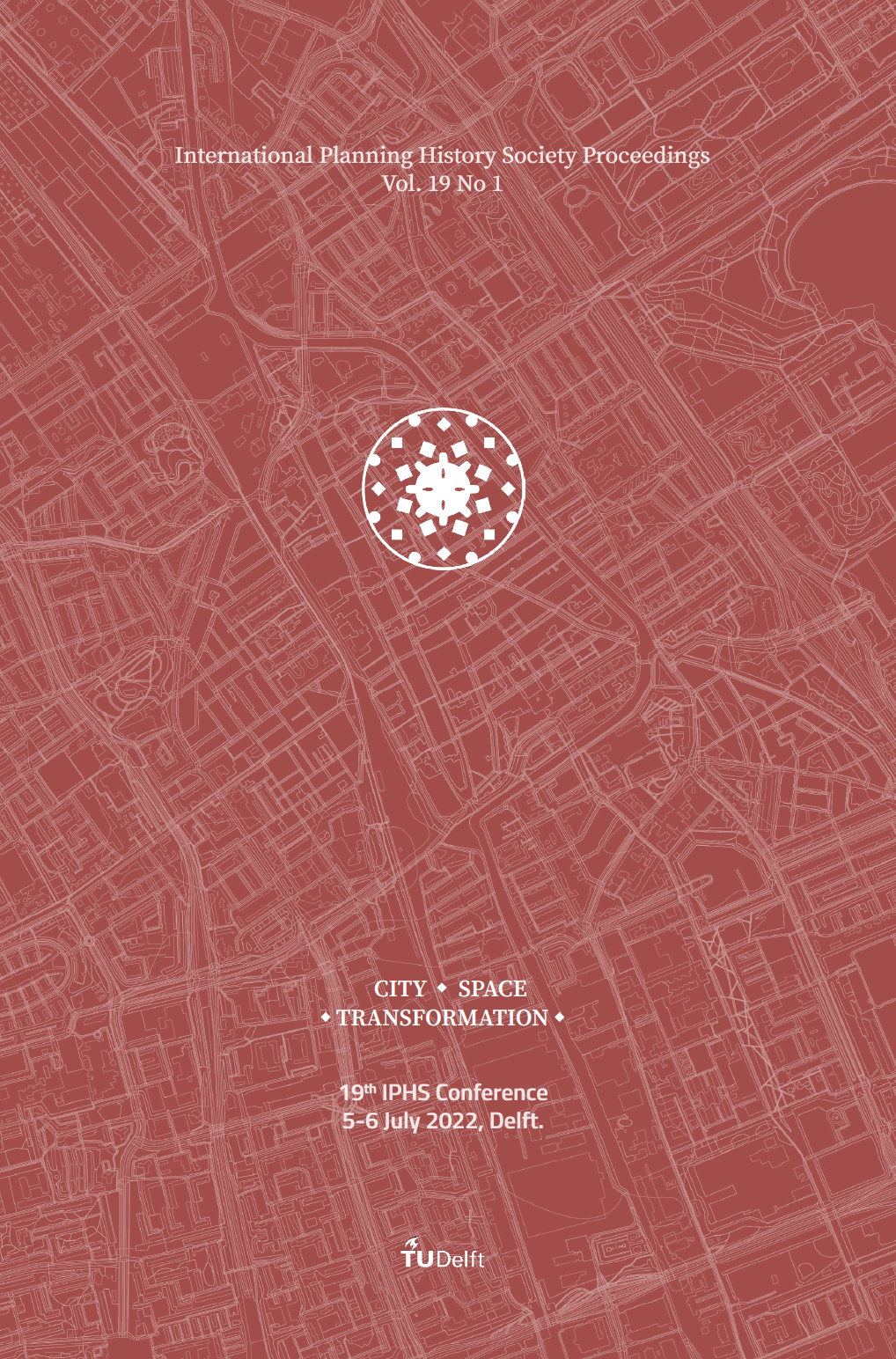Early Settlement of Portuguese America
DOI:
https://doi.org/10.7480/iphs.2022.1.6511Abstract
The Portuguese Empire expanded over five continents and endured for nearly six centuries. Beginning with small forts and trading posts in Africa in the early fifteenth century to the formal handover of Macau to China in 1999, Portugal reigned over one of the longest lasting modern empires in the world. The Portuguese foray into the Americas was with the colony of Brazil and was a happenstance because a Portuguese captain accidentally landed in South America. What ensued was limited claims, multiple attacks from other European Empires, and the Portuguese quickly establishing the Donatary Captaincy system to colonize Brazil. This system of colonization was successful in the small Atlantic Islands the Portuguese colonized decades before, but was a near complete failure in Brazil. This paper shows how the Donatary Captaincies failed because of four reasons: (1) the decision to use Donatary Captaincies was reactionary; (2) individual captains assumed the initial capital cost of colonization without surplus to maintain their claims; (3) there were no residency laws for captains to be in the colonies; and (4) continual defensive attacks by indigenous populations hindered colonial growth. By providing the historical background and planning decisions about early Portuguese America, the entire story of “discovery” through Donatary Captaincies to a singular Governorate General adds to the understanding of early Portuguese colonization in Brazil. This paper contributes to the literature by providing a review of secondary sources regarding the early Portuguese colonization through the lens of built environment in English.


